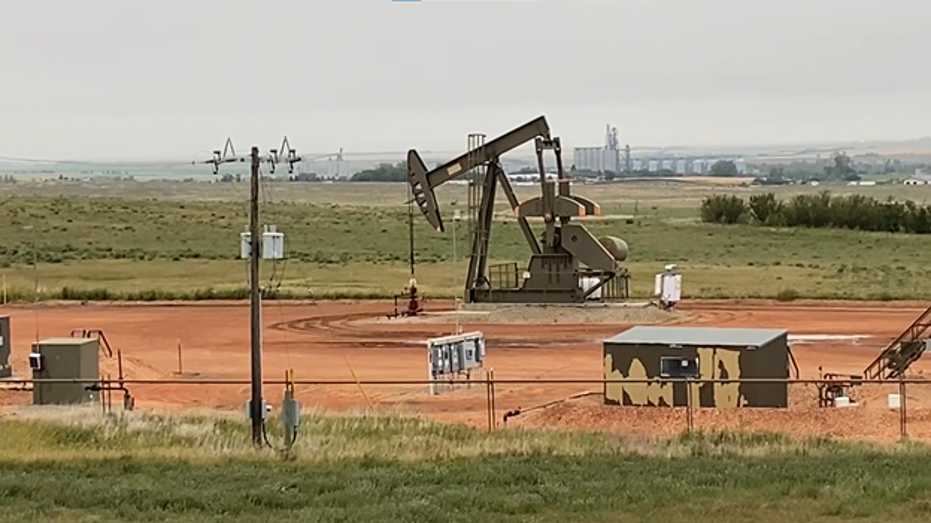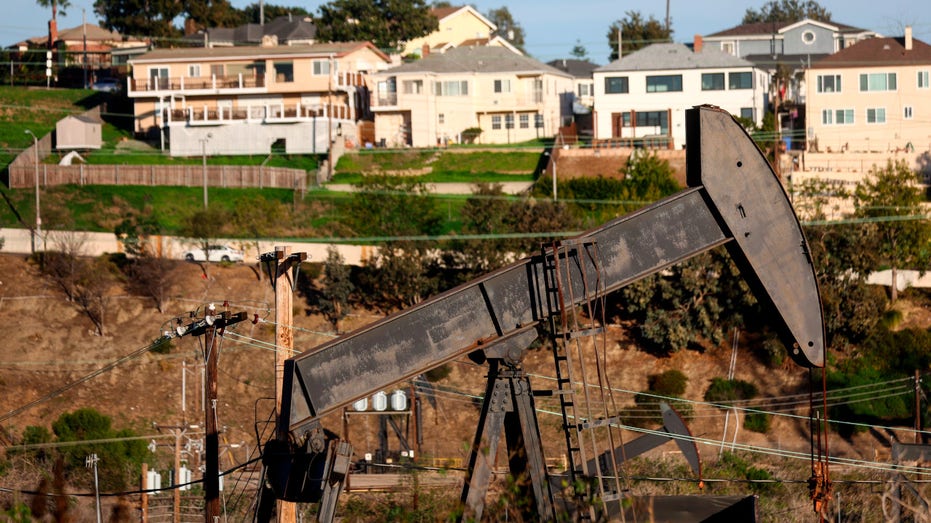As 26 million barrels are planned for delivery over a three-month period starting on April 1, the Biden administration has started an unprecedented effort to deplete the country’s oil reserves, bringing the strategic stockpile of petroleum to its lowest level since 1983.
By releasing 26 million barrels from the Strategic Petroleum Reserve in compliance with two pieces of law signed by his predecessor’s administration, President Biden just made history. Due to a rise in gasoline consumption throughout the summer driving season, this unprecedented reduction is anticipated to help mitigate some future gas price rises.
TRENDING: NEW Trump Diamond Bills Will Drive Liberals Crazy!
“Biden is front-loading SPR barrels to avoid a summer gasoline price spike,” remarked Phil Flynn, a contributor to FOX Business Network and analyst for Price Futures Group. “There are growing concerns among the Biden administration that gas prices are headed back to $4.00 a gallon and the president is fearful of the political heat he will have to take.”

Price added, “By pushing barrels forward from previously announced sales he is robbing Peter to pay Paul but is discouraging future U.S. oil and gas investment. There should be some backlash from Republicans who are getting tired of using the SPR for political purposes and creating short-term price relief in exchange for much higher prices down the road.”
President Biden took office with a Strategic Petroleum Reserve (SPR) of 638 million barrels, even though there was enough for 713 million. According to EIA statistics, nearly 260 million barrels were released throughout the course of 2021 and 2022, leaving just 371.6 barrels as of February 2023. This represents the lowest SPR stockpile since December 1983. It would drop to 346 M, its lowest amount in 38 years, with another 26 million barrel discharge.

The strategic petroleum reserve (SPR) has been seen by politicians on all sides of the aisle as a fiscal law solution that frequently uses sales to finance programs and provides a short-term respite from increasing gas costs.
Congress has demonstrated reluctance to further reduce the Strategic Petroleum Reserve’s stock despite the sharp decline in barrels kept there. When lawmakers from both parties enacted an omnibus budget measure that cancelled sales from 140 million barrels scheduled between 2024 and 2027, this reluctance became clear.

Congress recently approved two legislation putting restrictions on future sales of the Strategic Petroleum Reserve with the backing of both parties. The first prohibits Chinese government or corporate entities from purchasing SPR oil, and the second outlines a plan to lease federal areas for oil and gas before turning to non-emergency supplies in times of need. These proposals received resounding approval in each house, notwithstanding some internal dispute.
In a statement announcing the sale, the Department of Energy (DOE) said, “The Administration is focused on replenishing the SPR in a way that provides the best deal for taxpayers by aiming to repurchase crude at a lower price than it was sold for, while providing certainty to the industry in a way that helps encourage near-term production.”
DOE has suggested a special mix of direct repurchases and additional fixes in order to replenish the Strategic Petroleum Reserve (SPR) for long-term viability. These include emergency sales revenue generated through exchange returns that offer generous premiums in comparison to volumes delivered as well as legislative fixes designed not only promote stability but also prevent unnecessary use outside of supply disruption incidents.





